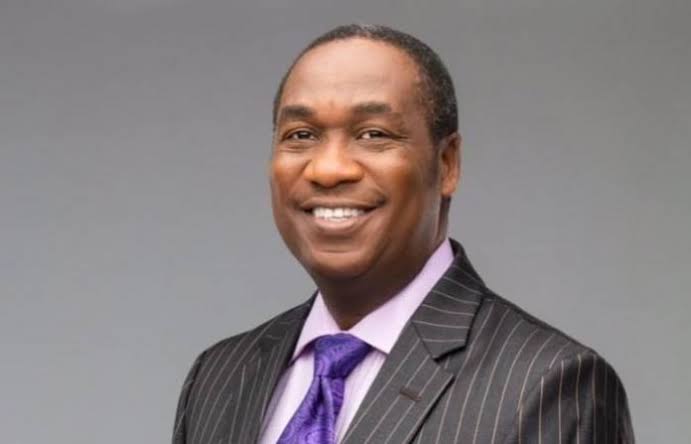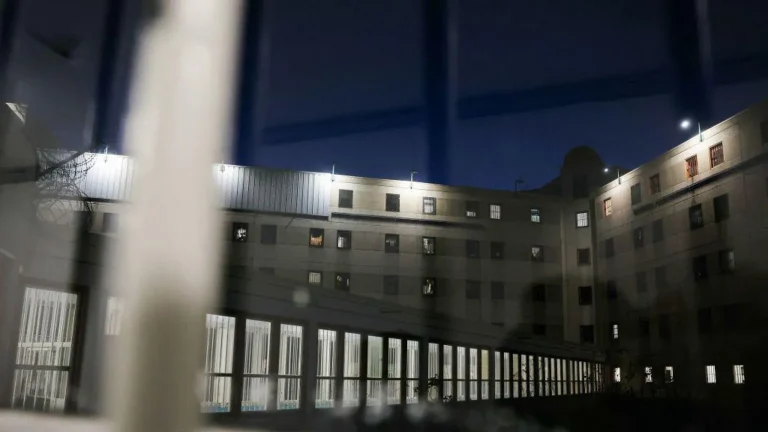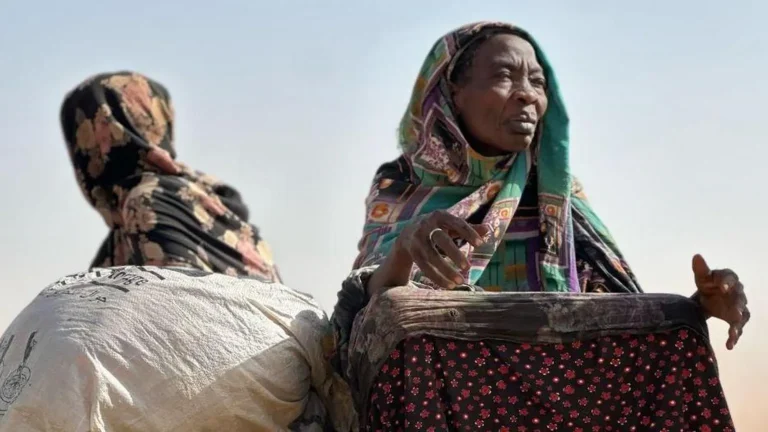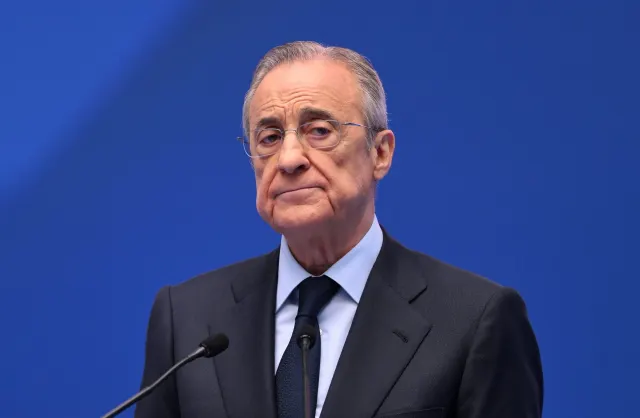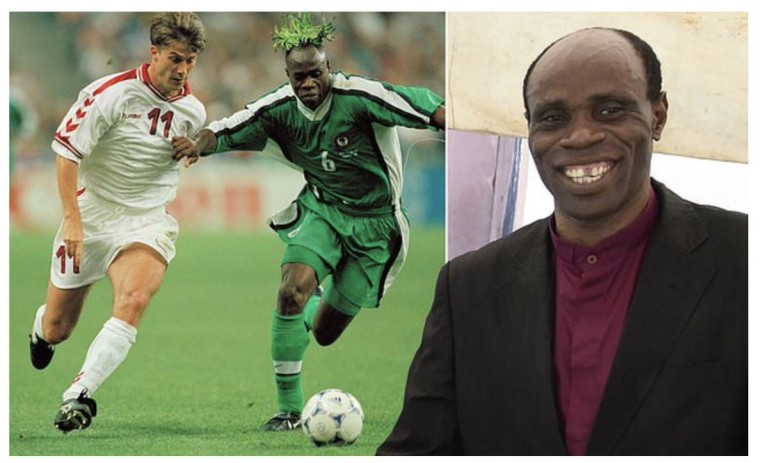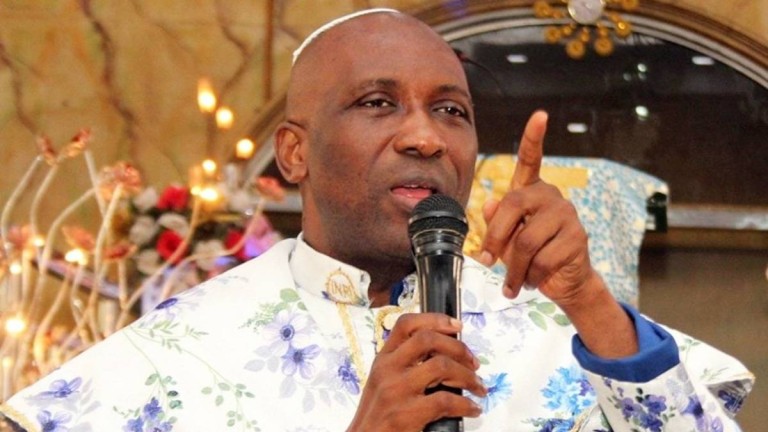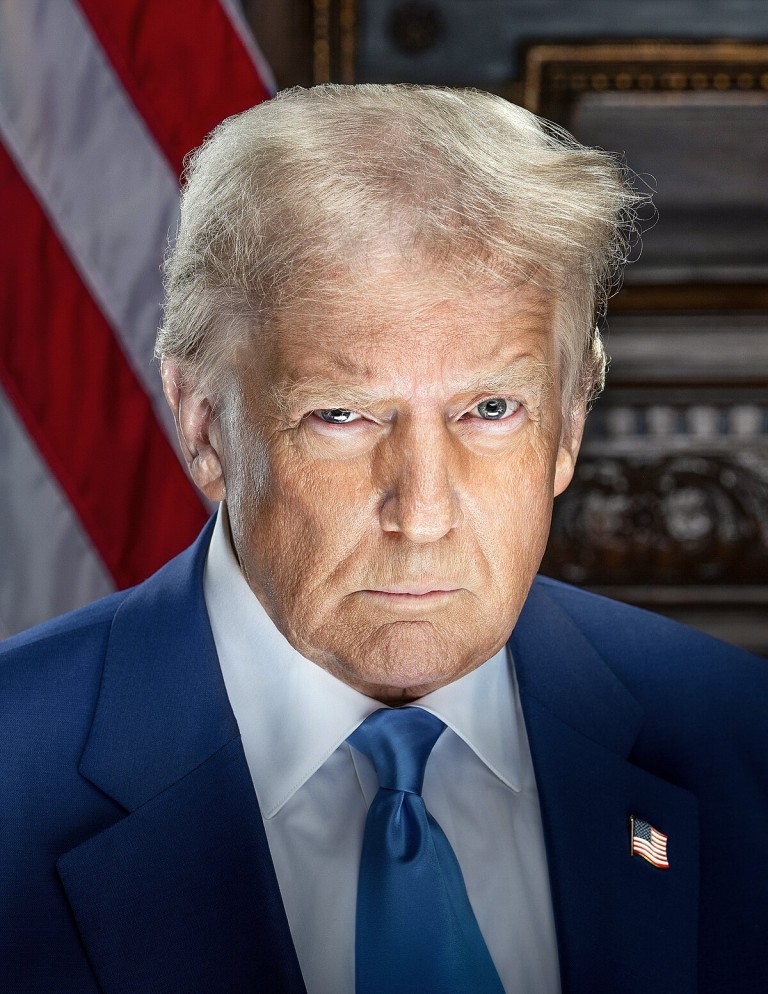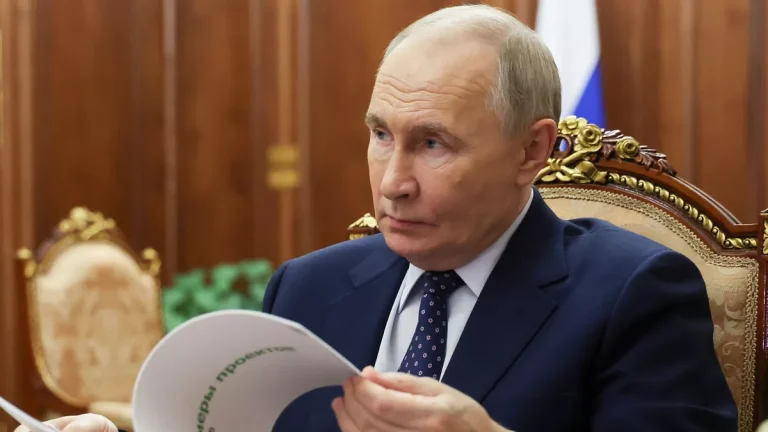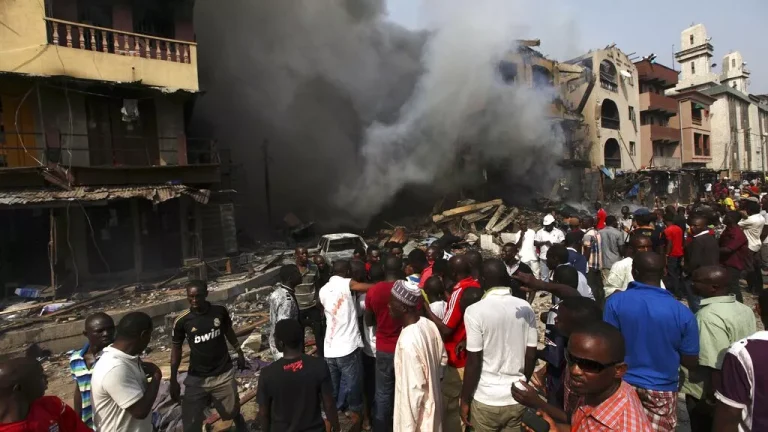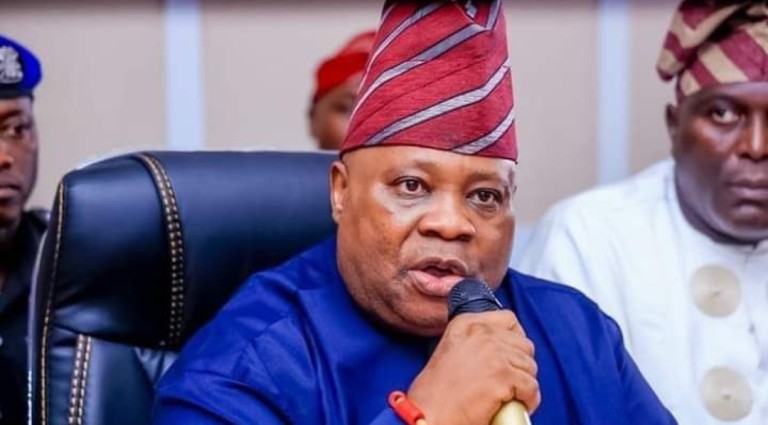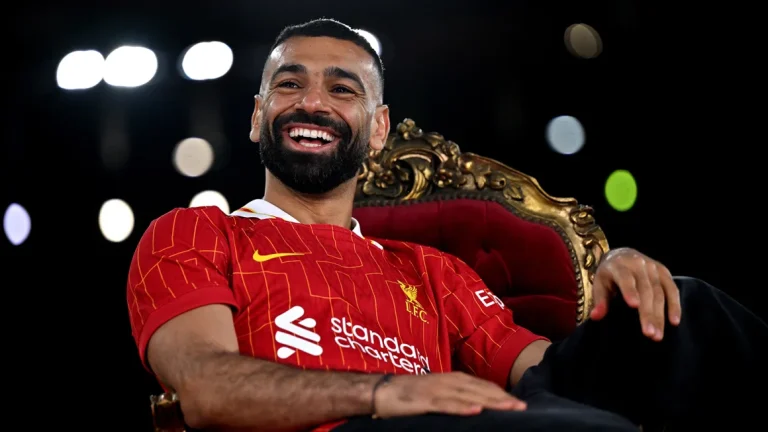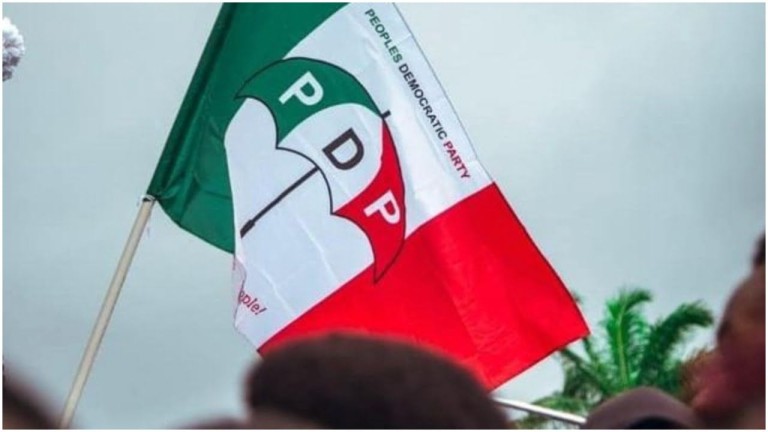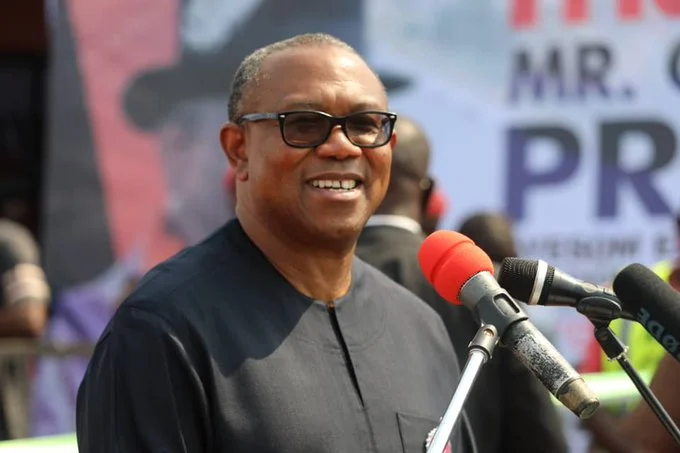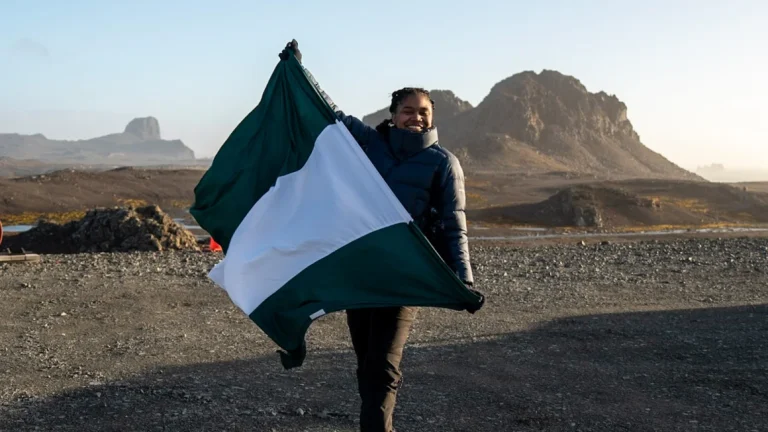2 mn readAlma Asinobi’s story is both inspiring and deeply telling — a powerful blend of personal ambition and purposeful advocacy. While she didn’t clinch the world record for the fastest time to visit every continent, what she achieved might matter even more: she forced a global conversation about passport privilege into the spotlight, not through rhetoric alone but through real, lived experience.
It’s easy to focus on the missed goal — falling just short of the 64-hour record with her 71-hour journey — but when you zoom out, her story becomes a case study in global mobility inequality. The delays she faced weren’t just random travel inconveniences; they were systemic barriers tied directly to the nationality on her passport.
Asinobi’s Nigerian passport ranks 92nd out of 102 on the Henley Passport Index — meaning there are very few countries she can enter without a visa. Compare that to travelers from countries like the U.S., Germany, or Japan, who enjoy near-frictionless access to the majority of the globe. Her experience starkly illustrates the hidden hierarchies of global travel — ones that are often invisible to those with stronger passports.
Her attempt spanned six continents and involved everything from missed flights due to a fire at Heathrow, to being denied boarding in Dubai because her visa needed “re-confirmation.” These aren’t just bureaucratic glitches — they reflect a global system that routinely questions, delays, and denies travelers from the Global South.
What made her approach resonate was how she didn’t just travel through these obstacles — she made them the point. Her documentation flipped the script from the usual influencer content that glamorizes the destination to something more raw and real: the struggle to even get there.
As Asinobi pointed out, this isn’t only about tourism — it’s about access to life-changing opportunities:
- A missed medical procedure because of a delayed visa.
- A lost business deal because of denied entry.
- A career setback because you couldn’t attend a conference abroad.
When you realize that over half the world’s population holds “low-mobility” passports, this becomes more than a niche issue — it’s a quiet global crisis. And Alma Asinobi’s story makes that painfully visible.
Even if the fastest-continent-visit record eluded her, her attempt to gather the most signatures on a piece of travel memorabilia — a Nigerian flag signed by over 600 people — might still earn her a place in the Guinness World Records. That’s a beautiful metaphor in itself: even if systems slow you down, community support can still carry you across the finish line.
So what now?
Asinobi says she plans to keep the conversation going with policymakers. If governments can strengthen diplomatic relations, simplify visa reciprocity, and rethink the current structures of global mobility, then perhaps someday soon, a traveler like Alma won’t have to turn her journey into a protest.
Would you like a breakdown of how different passports rank — or maybe explore how countries can improve mobility for their citizens?

